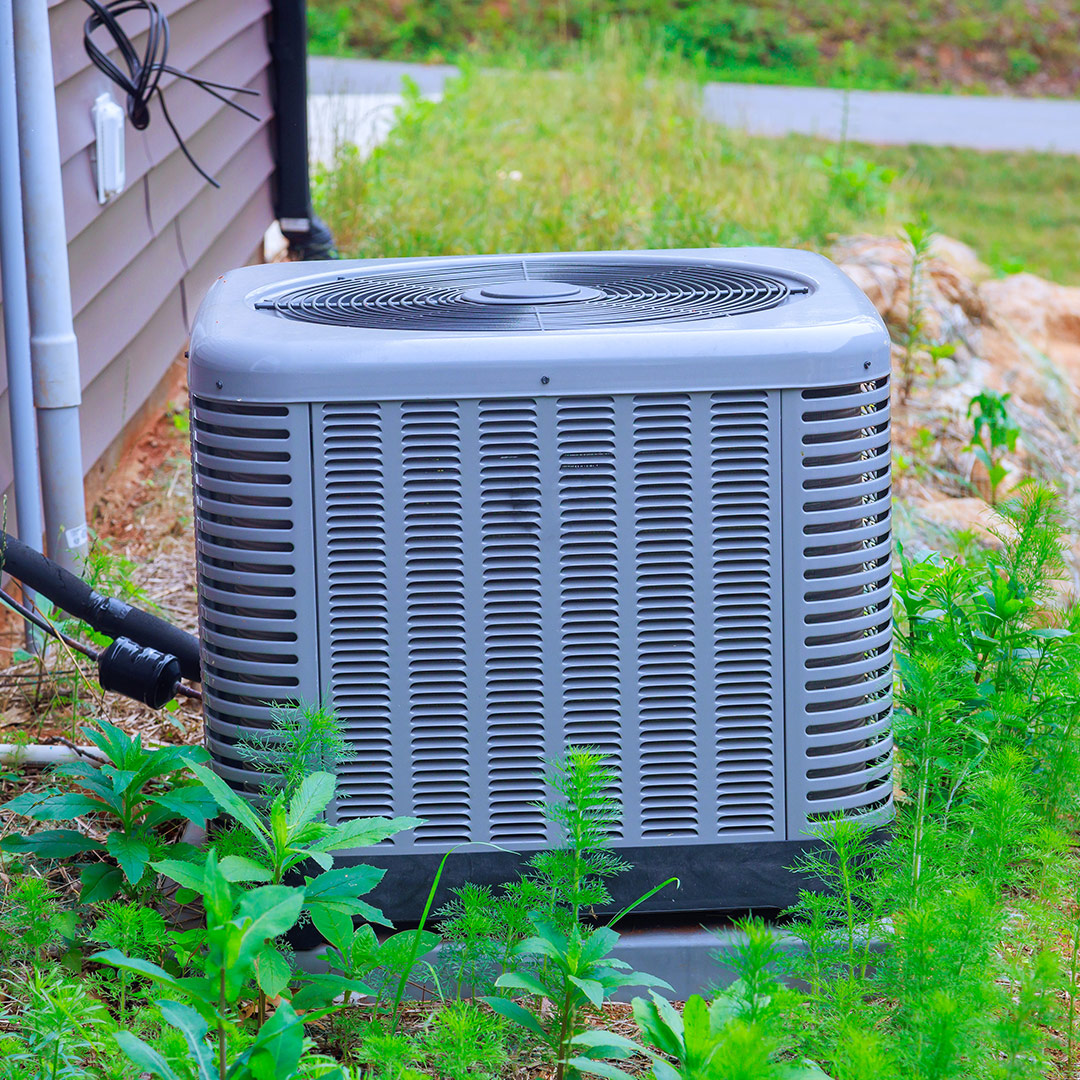
May 15, 2024
We recently walked through a condo complex and noticed an unusual range of A/C unit sizes, especially for condos that were all around the same square footage. Because we’re in the industry, we know that this often is because big HVAC repair teams come out and install A/C units that are too large (just to increase the price), and sometimes smaller HVAC teams install A/C units that are too small (just to get the business). It’s hard for homeowners to know what the right answer is, so we’ve put together some information to help you be a little more educated whens someone comes to give you an A/C quote.
Good news is, our team has been installing air conditioning units for places as big as “The Auto Manufacturer in Marysville Whose Name We Can’t Use on Our Website,” and as small as your neighbor’s 952 sq. ft. ranch. So if you’re looking for a quote on an A/C unit and want to see the range of sizes best for your home, we’d love to help.
The cooling capacity of an air conditioner is measured in British Thermal Units (BTUs) per hour. BTUs indicate the amount of heat an air conditioner can remove from a space in an hour. The larger the area, the more BTUs you’ll need. However, several other factors also play a role in determining the right size air conditioner for your home.
Measure the length and width of the room in feet and multiply these numbers to get the square footage.
Higher ceilings mean more air space, which can impact cooling needs. For rooms with ceilings higher than 8 feet, you may need a unit with a higher BTU rating.
Rooms with significant sunlight exposure, especially those with large windows, may require a larger air conditioner to maintain a comfortable temperature.
More people generate more heat. If a room is frequently occupied by many people, you’ll need to account for this when determining the size air conditioner.
Well-insulated homes retain cool air better, potentially allowing for a smaller unit. Conversely, poorly insulated homes may require a larger unit to maintain a comfortable temperature.
Here’s a general guideline for choosing the right size air conditioner based on room size:
Our team of small-town friendly HVAC techs have been doing HVAC repair for years. There’s no issue we haven’t seen. And we’d love to help solve your A/C issues and make sure your home feels cool this summer.
And if you’d like to stay ahead of HVAC repairs this year, consider signing up for our Reliant Comfort Club.